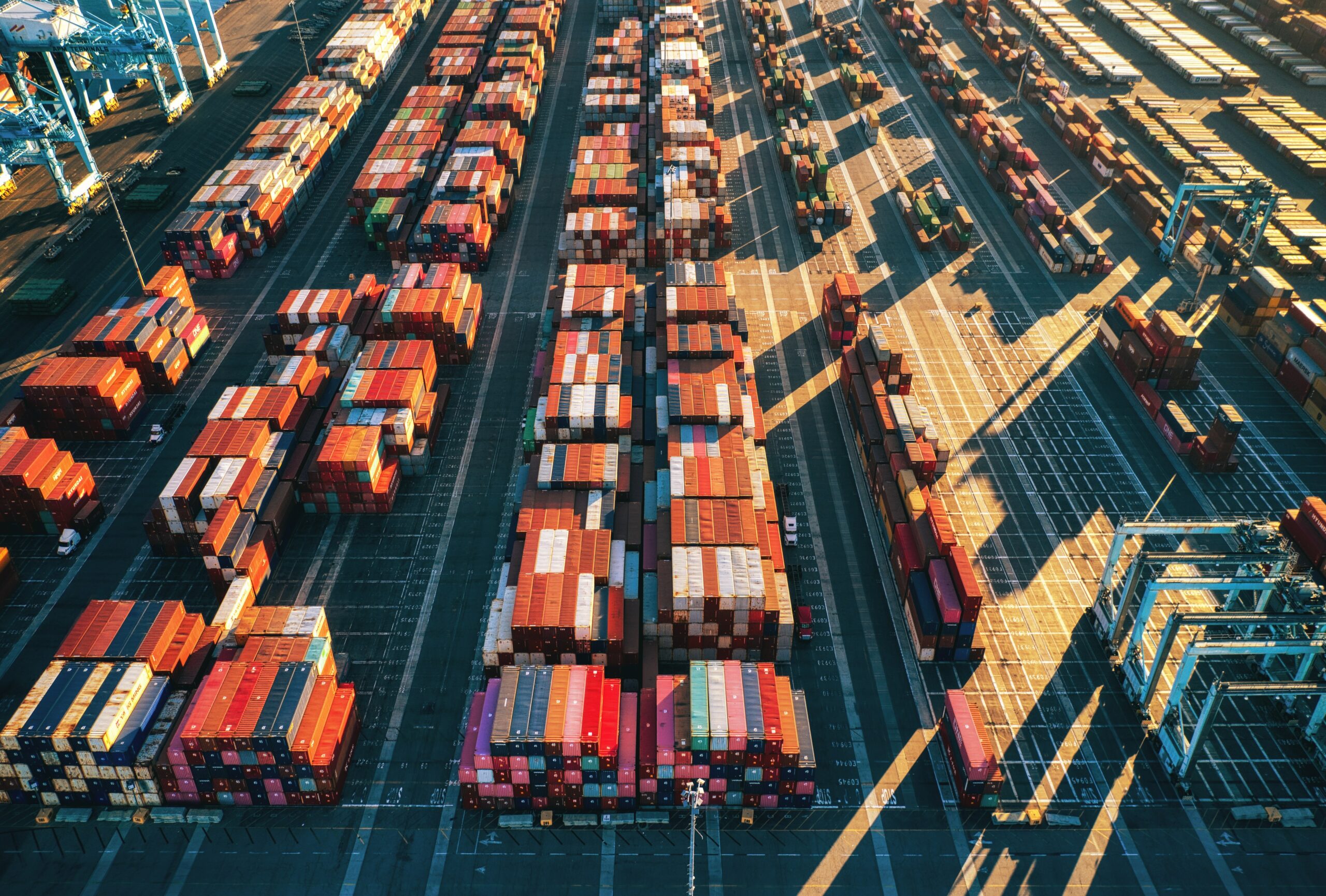The ability of artificial intelligence to streamline processes, cut costs, and improve customer experiences has the potential to transform the logistics sector. Businesses in the logistics industry must adopt these improvements as AI technologies advance and become more widely available in order to stay competitive in a market that is becoming more demanding. Logistics organizations can gain new efficiency and spur growth in the upcoming years by utilizing the potential of AI.
Enhanced Supply Chain Visibility and Predictive Analytics
Predictive analytics and improved supply chain visibility allow companies to make data-driven decisions for greater efficiency. AI-powered analytics gives companies real-time insights into their supply networks. Among these insights are the ability to track shipments, forecast delivery dates, and spot potential bottlenecks. Predictive analytics powered by AI can also assist firms in anticipating and responding to shifts in demand or anticipated disruptions, which will enhance inventory management and boost customer happiness.
Intelligent Route Optimization
Among the key components of logistics is transportation, and AI has made great progress in this area. AI algorithms may identify the most effective routes, resulting in lower fuel consumption, fewer emissions, and quicker delivery times by analyzing multiple aspects like traffic patterns, weather, and delivery dates.
Autonomous Vehicles and Drones
AI has been essential in the development of drones and autonomous vehicles for logistics. By improving efficiency and lowering human error, self-driving trucks and delivery drones have the potential to transform the transportation industry. Although these technologies are still in the early phases of research, they have the potential to drastically alter the logistics industry if widely adopted.
Warehouse Automation and Robotics
Automated systems and robots powered by AI are being used more and more in warehouses to boost productivity, minimize manual labor, and streamline processes. These systems can independently choose, pack, and sort goods, which results in faster order fulfillment and less expensive operations. Additionally, warehouse management systems with AI capabilities can streamline the storage and retrieval procedures, increasing total productivity.
Enhanced Customer Service
The logistics sector has seen a major improvement in customer service because to chatbots and virtual assistants powered by AI. With the ability to respond quickly and accurately around-the-clock, these solutions can manage a wide range of client enquiries, from tracking shipments to addressing commonly requested issues. Because of this, companies may provide better customer support while lowering the amount of work for their customer service employees.
Demand Forecasting and Inventory Management
AI-driven algorithms are able to estimate future product demand with high accuracy by studying past data and industry patterns. Due to the ability to optimize inventory levels, there is less chance of Stockouts or overstocking. Improved inventory control lowers warehousing expenses, cuts waste, and improves cash flow.
Enhanced Security and Fraud Detection
By spotting potential risks and fraud in real-time, AI can assist improve security in logistics. AI-driven solutions, for instance, can examine patterns of suspicious activity in transportation networks or monitor access to critical places in warehouses. This makes it possible for companies to proactively preserve their assets and guard against potential losses.
Related Information















